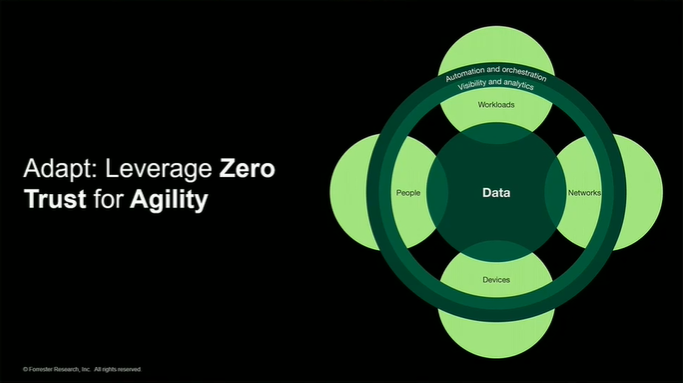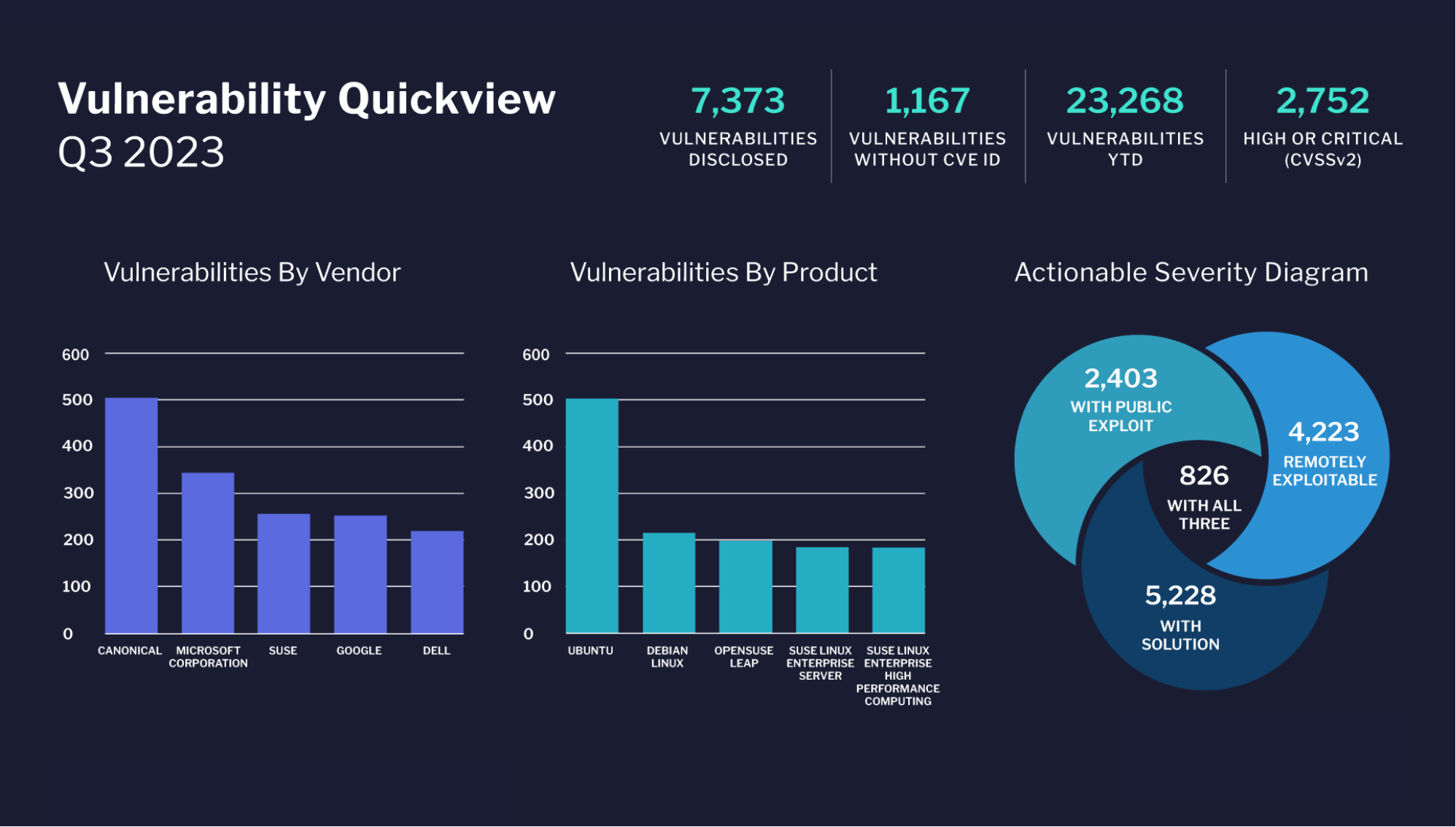When the historians of the future look back on the 21st century, what will they say? Inevitably, the biggest stories in the coming century will be political and environmental – wars, revolutions, and natural disasters always dominate historical memory. But perhaps more than any previous epoch, the 21st century will also be defined by its technology. If the Internet was the culmination of the 20th century, what will its equivalent be in the next century?
Perhaps the most discussed innovation of the 21st century is the Internet of Things. Since its inception, the Internet has been used to link computers, servers, and (recently) mobile devices. But we are just beginning to see the rise of a new internet – one that pervades everyday objects and allows them to communicate with standard Internet-equipped devices. For example, many standard car models already have the capacity to run internal diagnostics and send the results to the owner via email. When it’s time to change the oil, the car can inform the owner automatically. And as this technology improves, the online interaction between vehicle and owner will only get more complex, perhaps to the point that drivers will be able to analyze their own habits in order to find more efficient routes, avoid driving during peak hours, etc.
Of course, the Internet of Things will not be limited to cars. Imagine a refrigerator that could automatically scan the barcode of any item placed inside and store attributes like weight, expiration date, and frequency of use. A smartphone app could inform shoppers that they are almost out of milk, or that the jar of hummus they bought last week is about to spoil.
Within the Internet of Things, we can expect that wearable technology will be some of the most important of all the interconnected objects. In addition to vehicles and appliances, human beings will also be outfitted with a variety of sensors that constantly collect data and relay it through the Internet of Things. This sort of wearable technology is already transforming the clothing and fitness world, with FitBit and other similar products monitoring steps, heart rate, body temperature, and various other physical attributes that might be relevant for the user’s exercise regime. The recently released Apple Watch promises to bring an even greater level of interconnectivity through wearable technology – if it’s anywhere near as successful as the iPhone, the Apple Watch will be ubiquitous within just a few years, and millions of people will be able to analyze data on their physical stats and daily habits with the click of a button or the tap of a touchscreen.
But all this data doesn’t just sit in a vacuum, and it will not stay solely in the user’s control (at least not for long). It’s far too valuable for that. All these sensors and data-collecting devices will gather a wealth of information on human behavior that will be profoundly valuable to marketers, governments, and social scientists alike. Tech giants like Facebook and Google are already capitalizing on the profusion of personal data and constantly finding new ways to monetize users’ information. Imagine how much more information will be available once people adopt smart cars, smart refrigerators, smart watches, and other Internet of Things innovations become commonplace. Balancing all this data against the need for personal privacy will be one of the most profound political challenges of the 21st century.
Nothing is ever certain in the tech industry – indeed, in this dynamic field the only predictable constant is the constancy of change. But the 21st century, already 1/6 of the way over, is beginning to show its direction through the rapid growth of Big Data, wearable technology, and the Internet of Things.
By Brent Anderson





